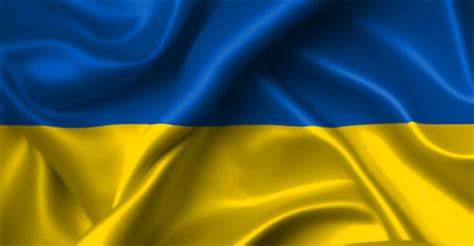APEL - Accreditation of Prior and Experiential Learning (VÕTA) Guidelines
I General Provisions
1. The decision of the assessment of prior and experiential learning (APEL) takes place according to paragraph 4 of the Kõrgharidusstandard (Higher Educational Standard) of the Estonian Republic.
2. This procedure regulates the assessment of learning outcomes at the Baltic Methodist Theological Seminary, considering a student’s prior and experiential learning.
3. Processing an APEL application involves a fee at the rate of 1ECTS. The fee is not payable when applying for previously completed BMTS courses. The fee covers evaluating one diploma/ certificate/continuing education certificate/work experience for transferring up to 10ECTS.
4. APEL takes place according to individual evaluation.
5. A student who has completed a mandatory or elective course at a university or at an applied higher educational institution in the past seven years and has a statement to this effect or a certificate, may submit a written request for a transfer of a subject. Studies in continuing education or in other training school in the past seven years can be assessed as electives up to 2 EAP. APEL can not be used to transfer the graduation thesis, project or exam.
6. Accreditation of courses completed more than 7 years ago may only be applied for if competency in the course objectives are demonstrated through an examination before the relevant faculty member.
7. Students may receive accreditation for skills and knowledge gained through work and/or ministry experience under the APEL system. Prior working experience is assessed by a committee. One year working experience is considered equal to 10 EAP of practicum. Work experience is only eligible for a period of seven years.
8. Transfer of prior learning and work experience from other institutions is limited to one third of the BMTS curriculum, or 60 ECTSr.
9. A student has the right to APEL counselling. Counselling is given by the dean.
II Application
1. A student who is applying for the recognition of prior studies and working experience submits an APEL application on ÕIS where the student describes the studies or work experience which need to be assessed.
2. The applicant must scan and upload relevant documents (diploma, diploma supplement, certificate of continuing education, document describing working experience, etc) of prior studies or working experience.
3. The applicant is responsible for the accuracy of the submitted documents.
4. APEL applications are received for the autumn semester until 30 September and for the spring semester until 31 January.
III Assesment
1. Assessment of the application is made by the APEL commission who have the right to consult relevant BMTS faculty for their professional opinion.
2. An application is reviewed and assessed within one month.
3. It may be necessary to require:
3.1. submission of additional documents
3.2. portfolio preparation (an applicant’s description of his studies or working experience)
3.3. to pass an examination
3.4. to conduct an interview.
4. A subject may be transferred if a student has passed a course with pass/fail evaluation, even if the curriculum the subject requires differentiated grading.
5. If the prior studies which are transferred were assessed in a different assessment scale than the BMTS uses, the subject is considered to be completed with a “pass” grade.
6. If a student wishes to have his prior studies and working experience assessed as a part of a course being taken in the BMTS, it can be done without an application in agreement with the lecturer.
7. If the applicant does not agree with the decision, he/she can submit a written appeal to the Rector’s Cabinet within a week.
IV Quality Assurance
1. In order to assure the quality of APEL the following criteria are used:
1.1. principles and procedures are monitored, they are public;
1.2. counselling is granted to all applicants;
1.3. the APEL process is analysed yearly by the Academic Committee.




